The transportation of petroleum products is a critical component of the global energy infrastructure, ensuring that fuels reach consumers, industries, and power plants efficiently and safely. As the demand for petroleum continues to surge, the methods and technologies employed in its transportation must evolve to meet increasing safety standards, environmental regulations, and logistical challenges. In this guide, we delve deep into the multifaceted aspects of transporting petroleum products, highlighting the role of specialized equipment like CarMax Trailer in optimizing this vital process.
Understanding Petroleum Transportation
Petroleum products, encompassing crude oil, gasoline, diesel, and other derivatives, require meticulous handling during transportation to prevent spills, contamination, and accidents. The transportation sector for petroleum is diverse, involving various modes that cater to different logistical requirements and geographical constraints.
Key Modes of Transportation
| Transport Mode | Description | Capacity | Speed | Cost Efficiency |
|---|---|---|---|---|
| Pipeline | Continuous flow through pipelines. Ideal for large volumes over land. | High | Moderate | High |
| Rail | Trains equipped with specialized tanker cars. Suitable for long-distance and flexible routes. | Moderate to High | Slow to Moderate | Moderate |
| Road | Trucks and semi-trailers transporting petroleum via highways and roads. | Low to Moderate | Fast | Variable |
| Marine | Tanker ships transporting large quantities across oceans and large water bodies. | Very High | Slow | Low per unit |
Each transportation mode comes with its unique set of advantages and challenges, tailored to specific operational demands and environmental considerations.
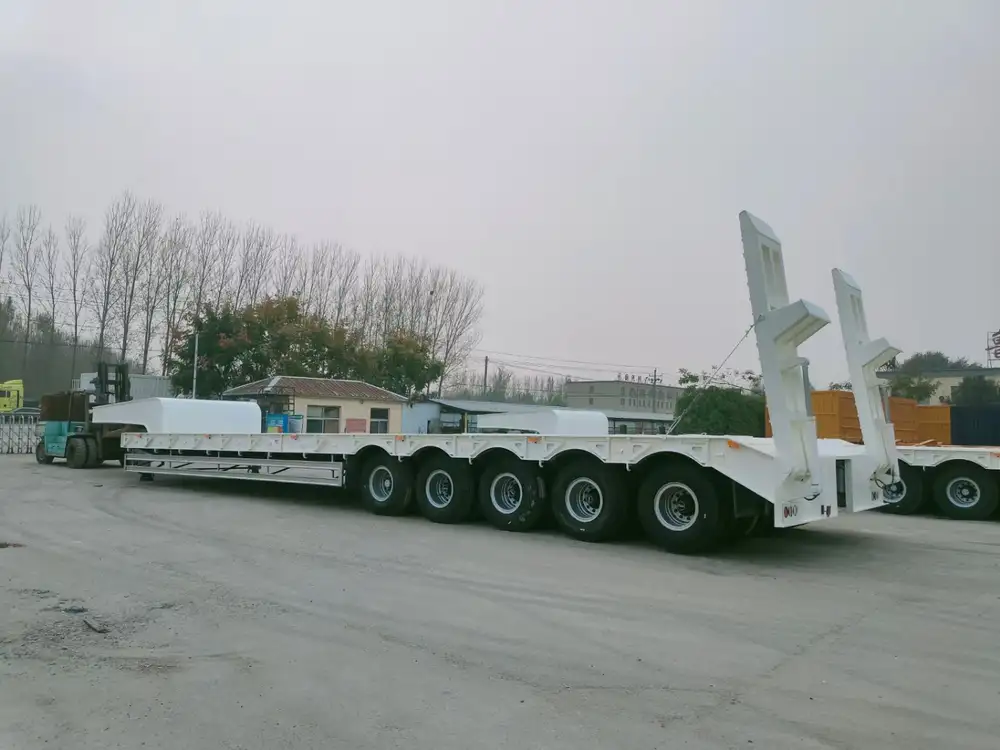
Pipeline Transportation: The Backbone of Petroleum Movement
Pipeline transportation stands as the most efficient and cost-effective method for moving large volumes of petroleum over land. Pipelines offer a continuous flow, minimizing the risk of delays associated with other transportation modes.
Advantages of Pipeline Transportation
- High Capacity: Capable of transporting thousands of barrels per day.
- Safety: Lower risk of accidents compared to road or rail.
- Environmental Impact: Reduced emissions compared to trucking or shipping.
Challenges
- Infrastructure Costs: High initial investment for construction and maintenance.
- Geographical Limitations: Limited to regions connected by the pipeline network.
- Susceptibility to Leaks: Potential environmental hazards in case of breaches.
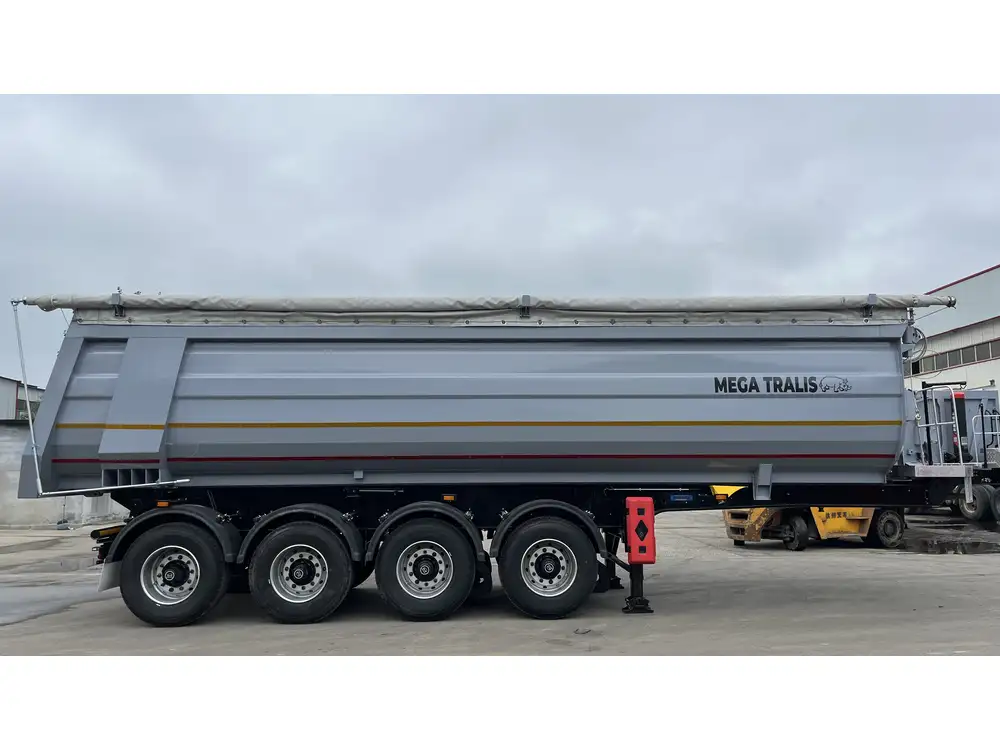
Rail Transportation: Flexibility and Reach
Rail transport provides a flexible alternative to pipelines, especially in regions where pipeline infrastructure is lacking. Specialized tanker cars are designed to safely carry petroleum products over varying terrains.
Benefits of Rail Transport
- Versatility: Can reach diverse locations, including remote areas.
- Scalability: Easily adjustable to fluctuating demand.
- Lower Initial Investment: Compared to pipeline construction.
Drawbacks
- Safety Concerns: Higher risk of derailments and spills.
- Regulatory Hurdles: Strict compliance requirements.
- Operational Costs: Higher per-unit cost compared to pipelines.
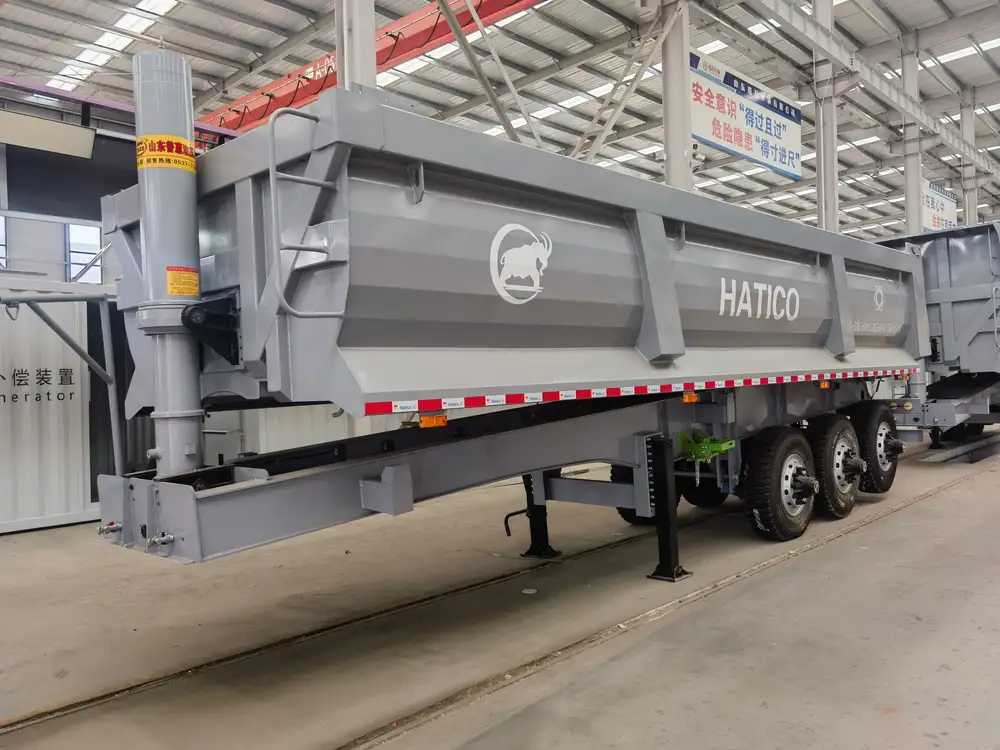
Road Transportation: The Agile Player
Road transport, primarily via semi-trailers, plays a crucial role in the last-mile delivery of petroleum products. It offers unmatched flexibility in routing and scheduling, making it indispensable for timely deliveries.
Advantages of Road Transport
- Flexibility: Direct delivery to specific locations without the need for additional transfers.
- Speed: Faster transit times over short to medium distances.
- Accessibility: Reaches areas beyond the reach of rail or pipeline networks.
Challenges
- Safety Risks: Higher likelihood of accidents and spills.
- Environmental Impact: Increased emissions compared to other modes.
- Cost Fluctuations: Variable fuel and maintenance costs.

Role of CarMax Trailer in Road Transportation
CarMax Trailer stands out in the road transportation sector, offering state-of-the-art semi-trailers designed for the safe and efficient transport of petroleum products. Features include:
- Advanced Safety Systems: Equipped with leak detection and automatic shut-off valves.
- Enhanced Durability: Constructed from high-strength materials to withstand harsh conditions.
- Fuel Efficiency: Aerodynamic designs reduce fuel consumption, lowering operational costs.
Marine Transportation: Global Reach
Marine transport, utilizing tanker ships, is essential for international trade of petroleum products. It handles vast quantities, linking major oil-producing regions with global markets.
Pros of Marine Transport
- High Capacity: Capable of transporting millions of barrels at once.
- Cost-Effective for Long Distances: Lower per-unit cost over vast distances.
- Global Connectivity: Facilitates international trade and economic integration.

Cons
- Slow Transit Times: Longer delivery periods compared to other modes.
- Environmental Risks: Potential for large-scale spills and marine pollution.
- Regulatory Compliance: Must adhere to international maritime laws and standards.
Safety and Regulatory Framework
Transportation of petroleum products is governed by stringent safety and regulatory standards to mitigate risks and environmental impact. Key regulations include:
- Pipeline and Hazardous Materials Safety Administration (PHMSA) Standards
- International Maritime Organization (IMO) Regulations
- Federal Motor Carrier Safety Administration (FMCSA) Guidelines
Compliance with these regulations is paramount, necessitating robust safety protocols, regular inspections, and advanced monitoring systems to ensure the integrity of transportation operations.
Environmental Considerations
The environmental footprint of petroleum transportation is a significant concern. Strategies to minimize impact include:
- Emission Controls: Utilizing vehicles and equipment with lower emissions.
- Spill Prevention and Response: Implementing advanced containment and rapid response mechanisms.
- Sustainable Practices: Investing in eco-friendly technologies and renewable energy sources.
CarMax Trailer contributes to environmental sustainability by incorporating energy-efficient designs and materials that reduce carbon emissions and enhance fuel economy.

Technological Innovations in Petroleum Transportation
Advancements in technology are revolutionizing the transportation of petroleum products, enhancing safety, efficiency, and environmental stewardship.
Key Innovations
- Automated Monitoring Systems: Real-time tracking and automated leak detection.
- Smart Logistics: AI-driven route optimization and demand forecasting.
- Advanced Materials: Lightweight and durable materials for trailers and tanker cars.
- Alternative Fuels: Integration of electric and hydrogen-powered vehicles to reduce reliance on fossil fuels.
Impact of Technology
These innovations lead to reduced operational costs, improved safety standards, and a smaller environmental footprint, positioning the transportation sector for a sustainable future.
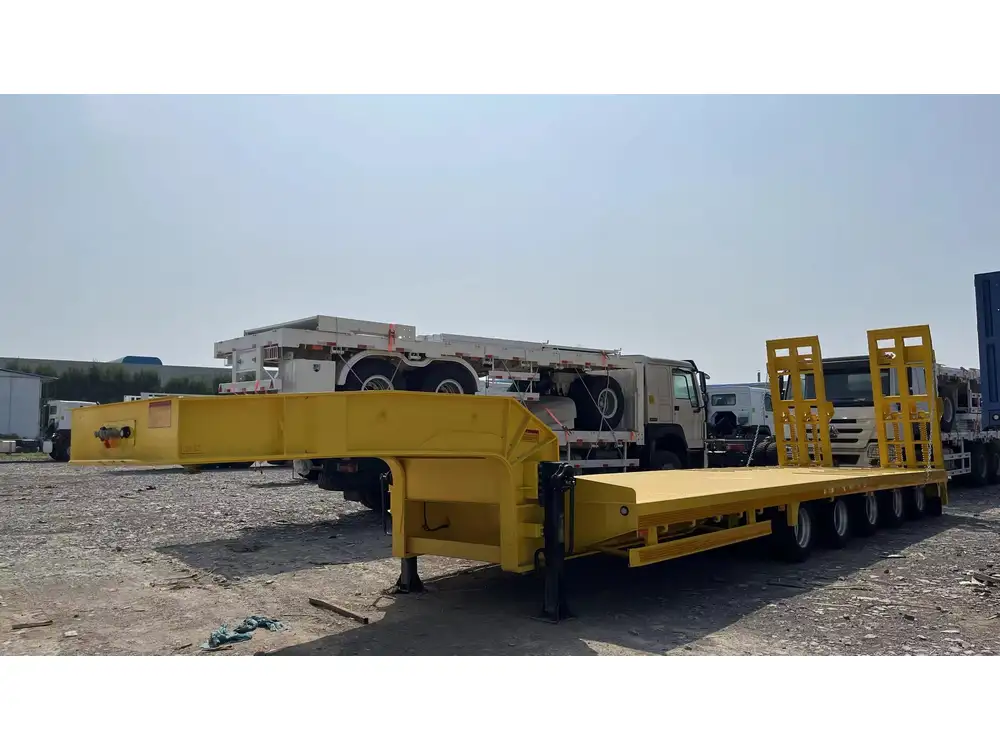
Challenges in Petroleum Transportation
Despite advancements, the transportation sector faces several challenges:
- Infrastructure Development: Expanding and maintaining robust transportation networks.
- Regulatory Compliance: Navigating complex and evolving regulations.
- Security Concerns: Protecting transportation networks from sabotage and theft.
- Market Fluctuations: Adapting to volatile oil prices and demand shifts.
Addressing these challenges requires coordinated efforts between manufacturers, transporters, regulators, and technology providers.
Best Practices for Efficient Petroleum Transportation
Implementing best practices ensures the safe, efficient, and cost-effective transportation of petroleum products.
Essential Practices
- Regular Maintenance: Ensuring that transport vehicles and infrastructure are in optimal condition.
- Comprehensive Training: Providing extensive training for personnel on safety protocols and emergency response.
- Robust Risk Management: Identifying potential risks and developing mitigation strategies.
- Sustainable Operations: Embracing eco-friendly practices and technologies.
- Effective Communication: Maintaining clear and continuous communication among all stakeholders.

The Future of Petroleum Transportation
The future landscape of petroleum transportation is poised for transformation, driven by technological advancements and shifting global priorities.
Emerging Trends
- Digital Transformation: Increased use of IoT, big data, and blockchain for enhanced transparency and efficiency.
- Sustainable Practices: Greater emphasis on reducing carbon footprint and integrating renewable energy sources.
- Autonomous Vehicles: Development of self-driving trucks and ships to enhance safety and reduce human error.
- Decentralized Logistics: Adoption of decentralized and flexible logistics models to adapt to changing demands.
Choosing the Right Equipment: Why CarMax Trailer?
In the competitive realm of petroleum transportation, selecting the right semi-trailer is crucial. CarMax Trailer offers unparalleled advantages:
- Customization: Tailored solutions to meet specific transportation needs.
- Reliability: Proven track record of durability and performance under demanding conditions.
- Innovative Features: Cutting-edge safety and efficiency enhancements that set industry standards.
- Customer Support: Dedicated support services ensuring seamless operations and maintenance.
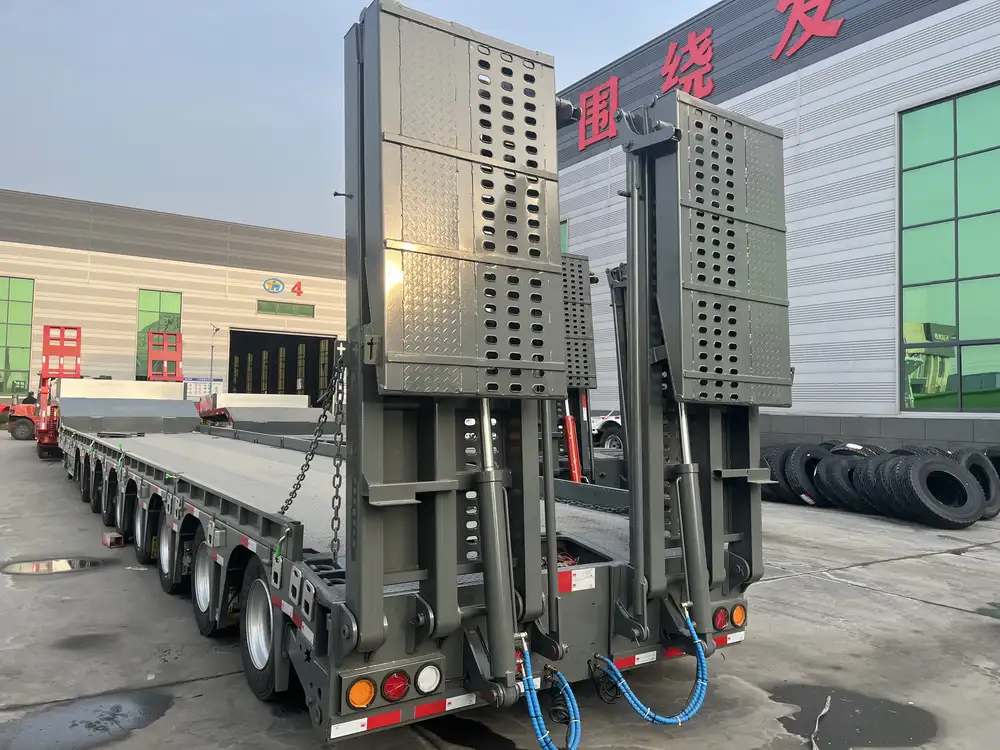
Table: Comparison of CarMax Trailer with Leading Competitors
| Feature | CarMax Trailer | Competitor A | Competitor B |
|---|---|---|---|
| Safety Systems | Advanced leak detection, automatic shut-off | Standard leak sensors | Basic safety features |
| Material Quality | High-strength, corrosion-resistant materials | Moderate quality | Lower durability |
| Fuel Efficiency | Aerodynamic design reducing fuel consumption by 15% | No specific design | Less focus on efficiency |
| Customization Options | Extensive customization for diverse needs | Limited customization | Standard configurations |
| Warranty and Support | Comprehensive warranty, 24/7 support | Limited warranty | Basic support services |
Case Study: Enhancing Transportation Efficiency with CarMax Trailer
CarMax Vehicle implemented CarMax Trailer solutions for a major petroleum distributor facing logistical inefficiencies and safety concerns. The results were remarkable:
- Increased Delivery Efficiency: Streamlined operations led to a 20% reduction in transit times.
- Enhanced Safety: No incidents reported over a year of operations.
- Cost Savings: Fuel consumption decreased by 15%, translating to significant cost reductions.
- Customer Satisfaction: Improved reliability and timely deliveries boosted client trust and satisfaction.
This case underscores the tangible benefits of integrating CarMax Trailer into petroleum transportation operations.
Environmental Impact and Sustainability Initiatives
Sustainability is at the forefront of modern petroleum transportation strategies. Companies are increasingly adopting practices that minimize environmental impact while maintaining operational efficiency.

Sustainable Strategies
- Energy-Efficient Equipment: Utilizing trailers and vehicles with optimized fuel consumption.
- Emission Reduction Technologies: Implementing systems that capture and reduce harmful emissions.
- Waste Management: Effective handling and disposal of waste products to prevent environmental contamination.
- Renewable Energy Integration: Incorporating renewable energy sources into transportation operations.
CarMax Trailer aligns with these strategies by offering eco-friendly designs and supporting sustainable transportation initiatives.
Conclusion
The transportation of petroleum products is a complex, multifaceted operation that demands precision, safety, and efficiency. Leveraging advanced technologies, adhering to stringent regulations, and employing high-quality equipment like CarMax Trailer are essential for successful and sustainable petroleum transportation. As the industry evolves, continuous innovation and commitment to best practices will be paramount in meeting the growing global energy demands.
Frequently Asked Questions

1. What are the main factors to consider when choosing a transportation mode for petroleum products?
When selecting a transportation mode, consider factors such as the volume of product, distance, cost, safety, environmental impact, and the existing infrastructure. Each mode—pipeline, rail, road, or marine—offers distinct advantages and limitations based on these factors.
2. How does CarMax Trailer enhance the safety of petroleum transportation?
CarMax Trailer incorporates advanced safety systems like leak detection sensors and automatic shut-off valves. The trailers are built with high-strength, corrosion-resistant materials, and feature designs that minimize the risk of accidents and spills, ensuring secure transportation of petroleum products.
3. What measures are taken to reduce the environmental impact of transporting petroleum?
Measures include using energy-efficient vehicles and equipment, implementing emission reduction technologies, ensuring proper waste management, and integrating renewable energy sources. Additionally, adopting sustainable practices and adhering to environmental regulations help minimize the ecological footprint of petroleum transportation.
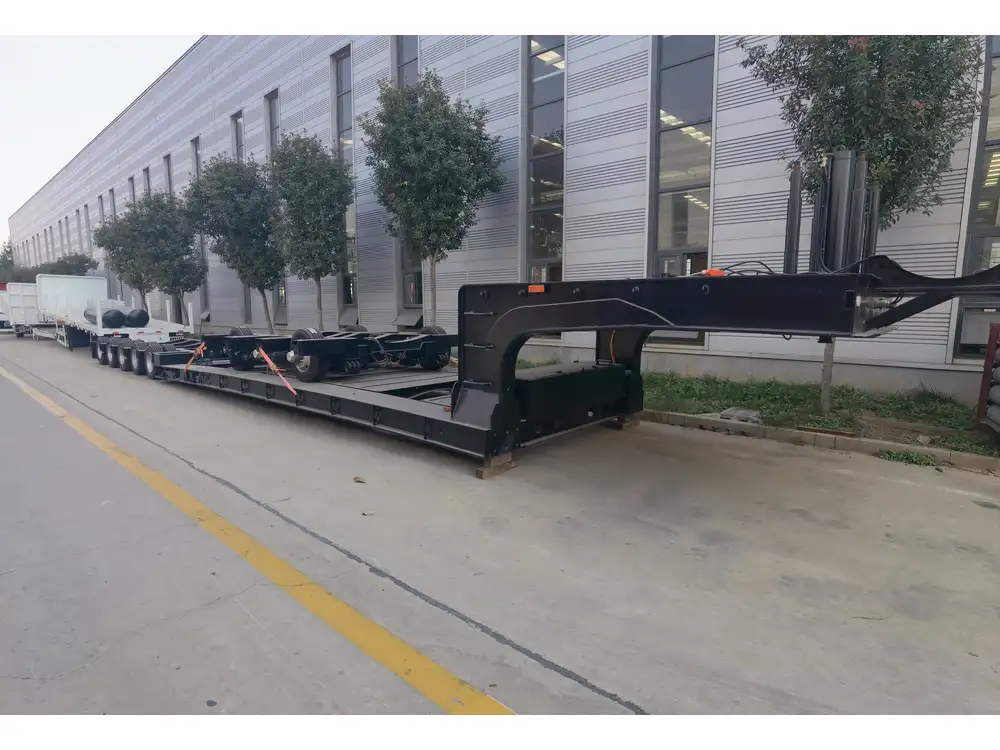
4. What technological advancements are shaping the future of petroleum transportation?
Key advancements include the adoption of IoT and big data for real-time monitoring, the development of autonomous transport vehicles, the use of blockchain for transparent logistics, and the integration of smart logistics systems for optimized route planning and demand forecasting.
5. How does pipeline transportation compare to road transportation in terms of cost and efficiency?
Pipeline transportation is generally more cost-effective for large volumes over long distances due to lower per-unit costs and higher efficiency. However, road transportation offers greater flexibility and accessibility for smaller volumes and last-mile deliveries, albeit at a higher cost per unit and increased operational expenses.



